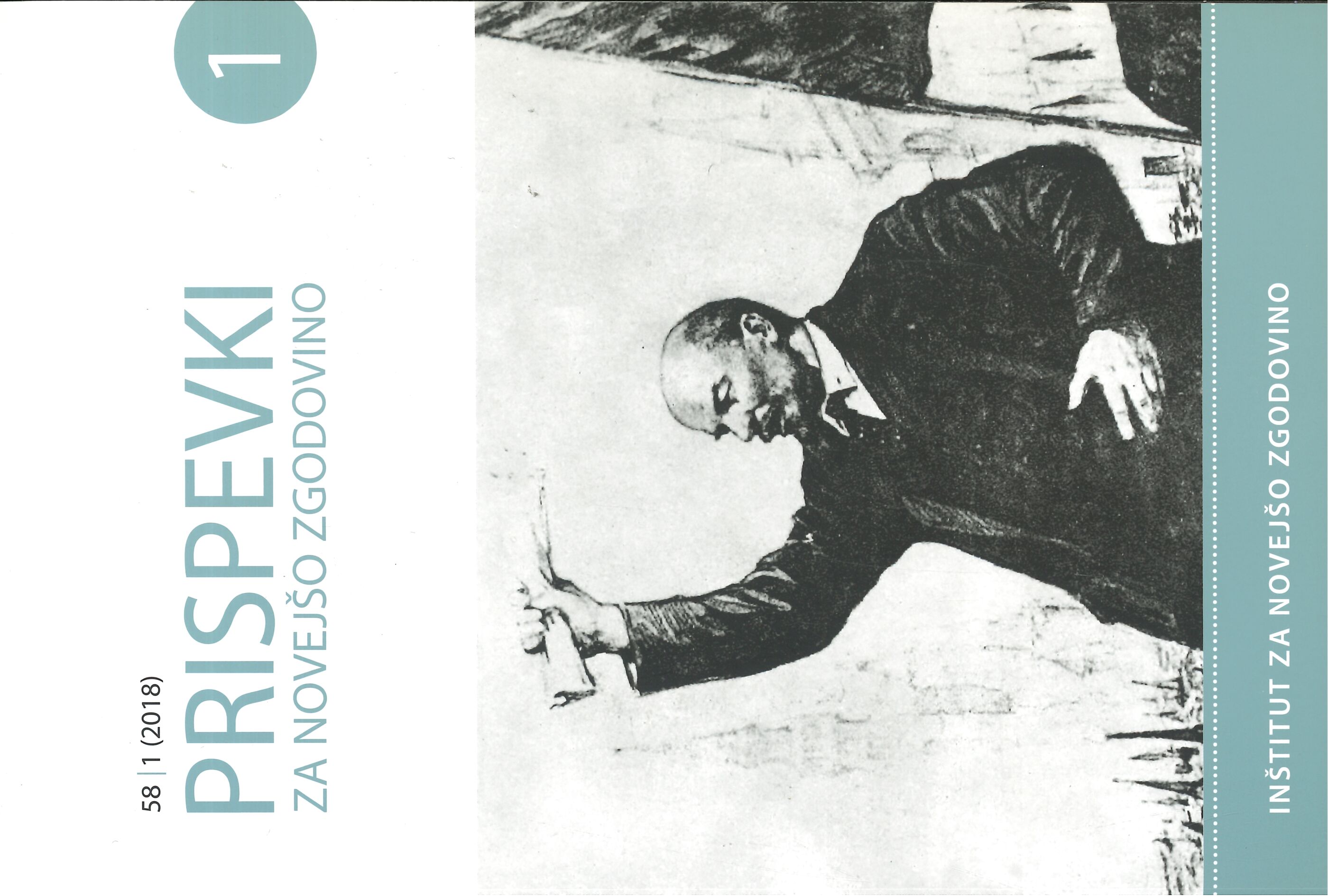Reflections on the Russian Revolution
DOI:
https://doi.org/10.51663/pnz.58.1.09Keywords:
Absent!Abstract
The Russian revolution of 1917 was one of the turning points in world history, even if its radical (communist) stage proved to be a historical blind street. There was just one revolution – not two, as it had been interpreted by the Soviet historiography. The uniqueness of the Russian revolution results from the fact that the radical seizure of power in November 1917 turned to be the beginning of a long process of totalitarian dictatorship, which lasted for mor than seventy years. Today, it is the heritage of the victory in the Second World War that constitutes the founding myth of modern Russian state.References
Britovšek, Marjan. Stalinov Termidor. Ljubljana: Cankarjeva založba, 1984.
Davies, Norman. White Eagle, Red Star: The Polish-Soviet War 1919–1920. New York: St.Martin’s Press, 1972.
Deutscher, Isaac. The Unfinished Revolution: Russia 1917–1967. London, Oxford and New York: Oxford University Press, 1967.
Dziewanowski, Marian Kamil. Poland in the Twentieth Century. New York: Columbia University Press, 1971.
Friedrich, Carl J. and Zbigniew K. Brzezinski. Totalitarian Dictatorship and Autocracy. Cambridge Mass.: Harvard University Press, 1956.
Friedrich, Carl J. “Totalitarianism: recent trends,” Problems of Communism XVII, No. 3 (1968).
Kautsky, Karl. Die proletarische Revolution und ihr Programm. Berlin and Stuttgart: Dietz Verlag, 1922.
Kautsky, Karl. The Dictatorship of Proletariat. Westport, Conn.: Greenwood Press, 1981 [translation from the German edition of 1918].
Pipes, Richard. The Russian Revolution. New York: Alfred A. Knopf, 1990.
Pipes, Richard. Russia under the Bolshevik Regime. New York: Alfred A. Knopf, 1993.
Trotsky, Leon. The Revolution Betrayed. What Is the Soviet Union And Where Is It Going?. New York: Pathfinder Press, 1937.
Trotsky, Leon. The History of the Russian Revolution. Ann Arbor: The University of Michigan Press, 1952 [copyright 1932 by Simon and Schuster Inc.].
Tucker, Robert C. The Soviet Mind: Stalinism and Post-Stalinism. New York: W.W. Norton, 1971.
Published
Issue
Section
License
Authors who publish with this journal agree to the following terms:
- Authors retain copyright and grant the journal right of first publication with the work simultaneously licensed under a Creative Commons Attribution License that allows others to share the work with an acknowledgement of the work's authorship and initial publication in this journal.
- Authors are able to enter into separate, additional contractual arrangements for the non-exclusive distribution of the journal's published version of the work (e.g., post it to an institutional repository or publish it in a book), with an acknowledgement of its initial publication in this journal.
- Authors are permitted and encouraged to post their work online (e.g., in institutional repositories or on their website) prior to and during the submission process, as it can lead to productive exchanges, as well as earlier and greater citation of published work (See The Effect of Open Access).


